
You leave in the morning with everything you own in a little black case
Alone on a platform, the wind and the rain on a sad and lonely face
Mother will never understand why you had to leave
But the answers you seek will never be found at home
The love that you need will never be found at home
The song is Smalltown Boy, sung by Jimmy Somerville, from the British synth-pop band Bronski Beat’s album Age of Consent. It came out in 1984, at the height of Margaret Thatcher’s political power, and, for folk like me – not least small town kids like me – it was emblematic both of protest against oppression and of the creative, joyous, expression of queer courage and change. Indeed, among other things, Bronski Beat also headlined ‘Pits and Perverts’, a concert in London’s Electric Ballroom to raise funds for the Lesbians and Gays support the Miners campaign: an event featured in the film Pride. Smalltown Boy also reached number 8 in the Australian charts and it is but one symbol of the historical struggle which has led, finally this week, to a formal apology from the New South Wales government for the horrendous abuse and violence that has been inflicted on queer people, and not least on gay young men who were told, in no uncertain terms, that they did not belong. Yes, let us celebrate that! Today Smalltown Boy is a celebration of what was largely still a declaration not to be crushed, but to survive, and thrive. For as Jimmy Somerville sang:
Pushed around and kicked around, always a lonely boy
You were the one that they'd talk about around town as they put you down
And as hard as they would try they'd hurt to make you cry
But you never cried to them, just to your soul
No, you never cried to them, just to your soul
Soul power eh? As Jesus, another smalltown kid, taught, and showed, this is ultimately at the heart of any life-giving change. For it is where we find our true belonging…
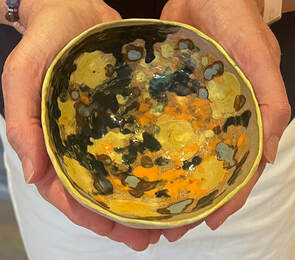
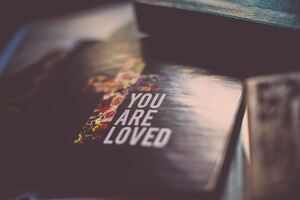
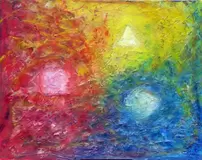
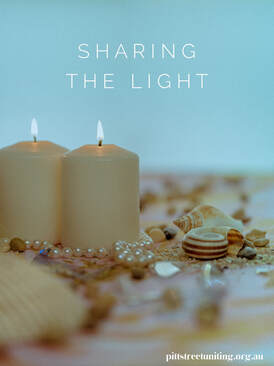
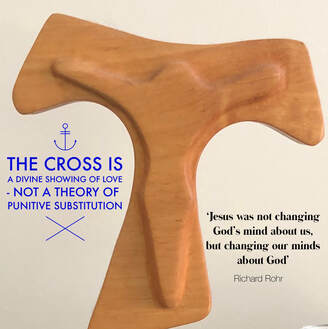
 RSS Feed
RSS Feed